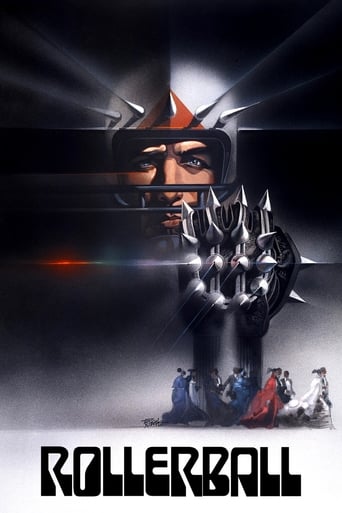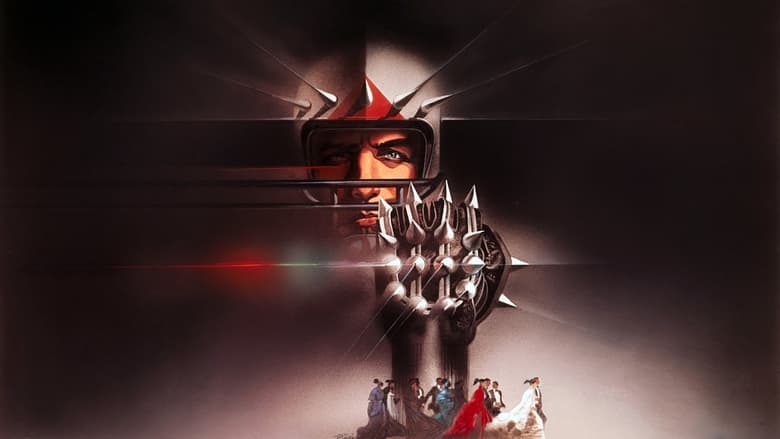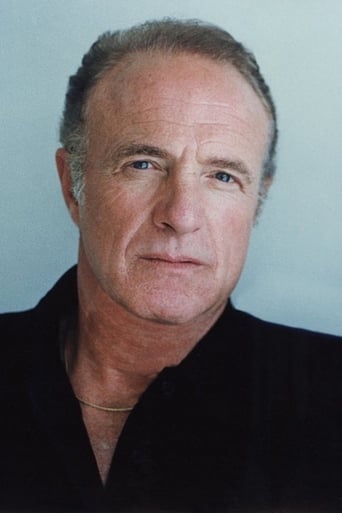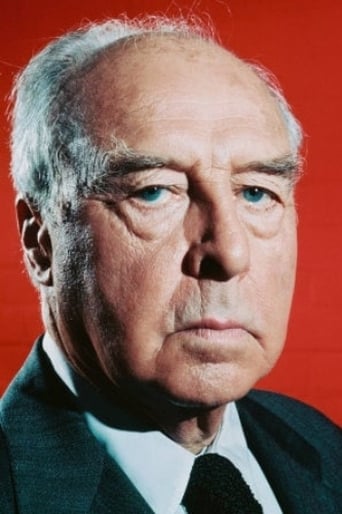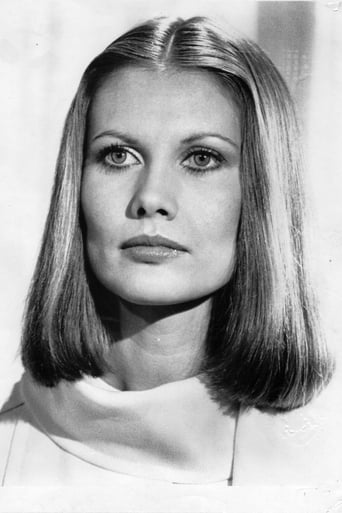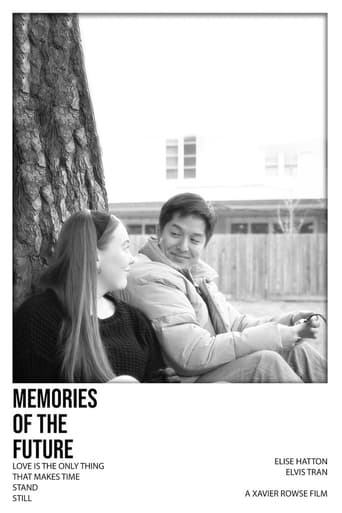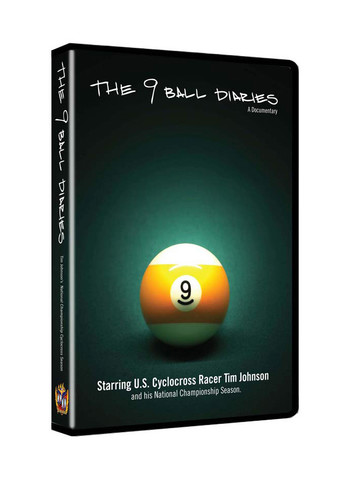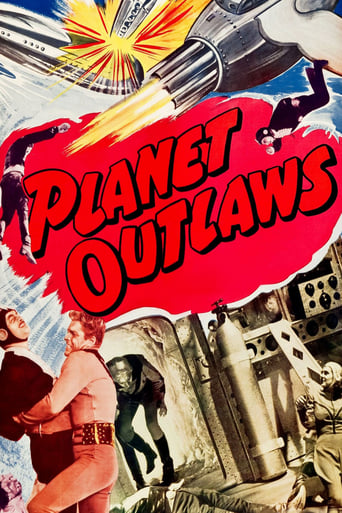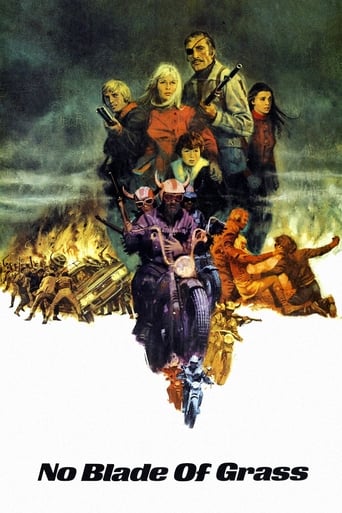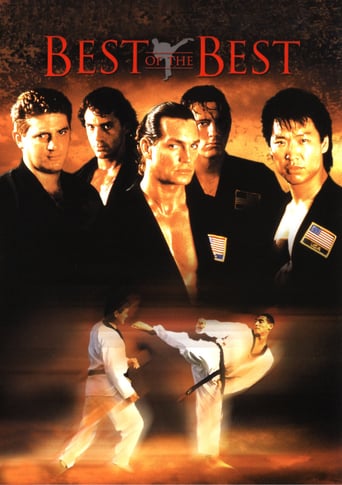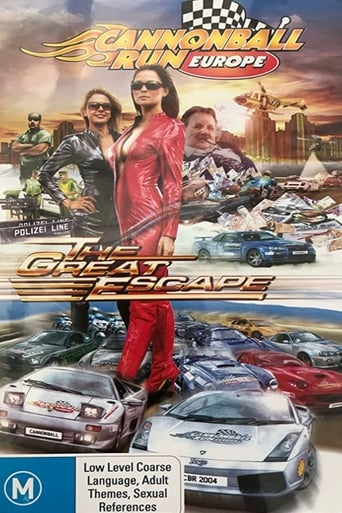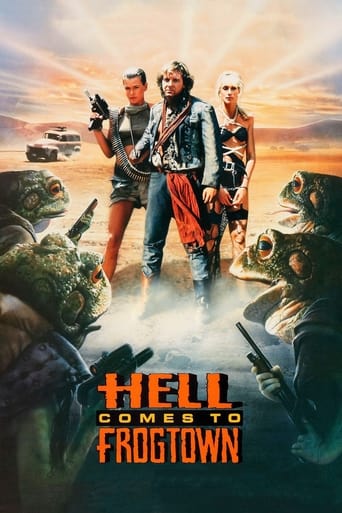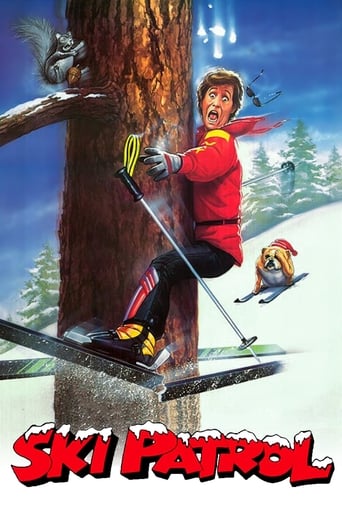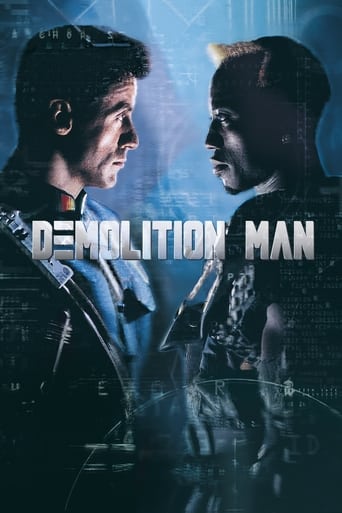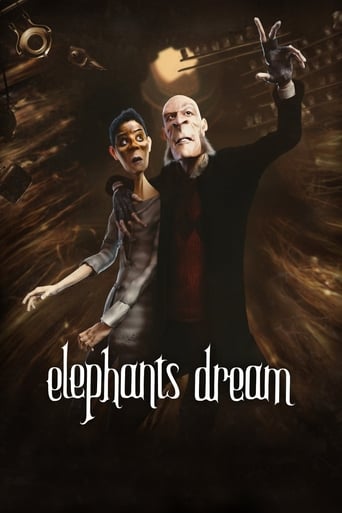Rollerball (1975)
In a corporate-controlled future, an ultra-violent sport known as Rollerball represents the world, and one of its powerful athletes is out to defy those who want him out of the game.
Watch Trailer
Cast


Similar titles
Reviews
There were quite a number of reasons why 'Rollerball' intrigued me in the first place. The concept was a really intriguing one. It has been praised for its use of classical music, a delight for a lifelong classical music fan. There are some talented names here, James Caan especially. And Norman Jewison has done some good films, such as 'In the Heat of the Night' and 'Fiddler on the Roof'.My opinion of 'Rollerball' is that it is a flawed film but also a very impressive one. The momentum does sag, particularly in the middle, in some scenes not on the arena. Bogged down by a little too much extraneous talk, like the Ella story line, and a few ideas that could have gone into more depth. Of the characters, the only ones that are really developed like "real" characters are Jonathan E and Bartholomew (Ella particularly is a cipher), and parts while well intended are laid on too thick somewhat.However, 'Rollerball' is well made visually. It's all very slick and stylish and the set for the rollerball arena still makes one go wow. Liked the look of the future dystopia, not extraordinary but it was atmospheric. Jewison directs with assurance, while the script has a lot of intelligent and thought-provoking lines and ideas that resonate a lot and still are very much relevant. The message is much appreciated and is very much pertinent.Story is intriguing and has enough to compel, and Jonathan E and Bartholomew are very interesting characters. The supporting cast, particularly John Beck, are solid.'Rollerball' excels particularly in four particularly strongly done areas. The tautly filmed and edited rollerball sequences are incredibly exciting and have a real sense of disturbing danger and nerve-shredding tension too. Andre Previn does well with the music score, but shining even more is to me some of the best use of classical music on film, including the most beautiful use of Albinoni's Adagio ('Manchester By the Sea' also used it beautifully but it's done more subtly here), Bach's Toccata used very creepily and the best use of Shostakovich on film. It's not just that the music itself is wonderful but also that they are so cleverly used, almost ironically and also unnervingly.James Caan is a highly charismatic lead and gives the character nuances, while John Houseman's Bartholomew is chilling. One cannot review 'Rollerball' without mentioning the incredibly powerful ending either.Overall, very impressive but flawed. 7/10 Bethany Cox
The films dealing with a futuristic society have a tendency to go way overboard and this 1975 film is no exception.It comes down to rollerball player James Caan fighting the executives of the corporation who control this outrageous sport attempting to force him into retirement at the height of his career.Fresh off his supporting Oscar win 2 years before for "Paper Chase," John Houseman again comes across as a pompous domineering executor whose very sinister appearance spells doom.As the rules change, the sport in question becomes far more violent and at this point the film goes further down in quality.
ROLLERBALL is many things, but a simple action movie it is not. It's a condemnation of society's appetite for violence. It's the story of one man's rise and fall against the system. It also happens to be a lot more complex and intelligent than you might give it credit for, with the premise. The '70s vision of the future may be quite laughable these days - this is a future with flares and punch-card computers - yet it displays a society who really have no moral regard for their own actions. For fun, people shoot down trees with flare guns, not worrying about the consequences. The game of Rollerball itself starts off as a game with violence in it, but the violence is really the reason everybody watches. By the end of the film, all of the rules have been dropped and only the violence remains.While flawed, ROLLERBALL is still one to watch. Running at two hours, half an hour of extraneous dialogue could have been cut with little damage. A lot of expository scenes drag on to seemingly pad the film out, and the inclusion of Caan's wife holds the film up even further. Her story could have been told in the space of ten minutes instead of half an hour. On the plus side, we have great use of music (my favourite horror theme, Bach's Tocatta and Fugue in D Minor is used at the beginning and end), some good acting from a bunch of seasoned performers and an intelligent script.James Caan is the stubborn hero of the film, refusing to go down even when he's pushed. His dominating screen presence anchors the film and he seems to have been cast well. John Houseman is his nemesis, the corporate man who will stop at nothing to see him go. Loads of familiar faces pad out the rest of the cast, including Maud Adams, Moses Gunn, Shane Rimmer, Burt Kwouk, and even an amusing cameo from Ralph Richardson.Although there are only three Rollerball sequences in the film, each are lengthy and exciting. The first introduces us to the game, a tough game where people get hurt but are bound by the rules. By the time the second game comes around, penalties have been dropped, and violence reigns. People are hit, beaten, die, have their necks broken and are burnt alive. When the end comes, it is a release from the carnage. By the time the third game arrives, rules have been dropped completely. It's not even about the game anymore but more a case of "last man standing". There are no penalties and, crucially, no time limit. The final survivor will naturally be the victor. The excellent ending sees Caan, the inevitable winner, skating round the rink while the audience chants. The camera freeze-frames on his face and the Tocatta music plays. The ambiguity of his future will stay with the viewer and make him think. This makes ROLLERBALL something of a minor classic...
I can see what this movie was trying to accomplish, I really can, but it doesn't come through at all. All I knew going in was that Roller Ball is a violent game controlled by the government that is used as a means of exercising control over society, and it's technically true, but that's all there is, and it's barely there at all. Despite watching three matches and a practice, no rules are laid out at all. We know a ball goes into a goal to score a point, and the game consists of three twenty-minute periods, and there are motorcycles on the track, but otherwise, we know nothing. Penalties are disallowed for the final two games, but we don't know what constitutes a penalty. Death is established as a risk in normal games, so where is the line drawn for penalties? In the last game, there's no time limit, yet the clock is still counting down. Are they literally just playing to the last man? Is that the only criterion for ending the game? No one seems interested in scoring, just slaughter, yet at one point New York's coach screams at Houston for their brutality. We do get a few speeches about how society has changed and corporations are in control, but we never really see society. We only see Jonathan E. and his friends. He moans about being controlled, but the only sign of control is that the Energy corporation is firmly suggesting that he retire after 10 years as a star player. He thinks they stole his wife, but then we find out that she left on her own, so we have no proof that the corporation is evil except that evil music plays when we see the executives and they make evil facial expressions. At one point, one of the executives spells out that Roller Ball is used to demonstrate that individual effort is fruitless, one man cannot succeed alone, and therefore one man cannot challenge the system and win. Jonathan E. is a threat because he's been successful for 10 years and he's surpassing his team in glory. The only symptom we see of this is that the fans chant his name instead of his team. There's no subversion. There's no discontent. We never see him as the face of a rebellion. There's never any indication that anyone in society is even thinking of rebelling, regardless of what Jonathan E. does. And yet, despite being evil and threatened by Jonathan E., the corporation does nothing but politely insist that he retire and vaguely threaten him. When he time and again refuses, the executive just looks angry and acts as if his hands are tied. Removing the time limit seems to be the only card they have to play. They do say they don't want to kill him, for some unspecified reason, but that doesn't mean they have no other options. There are people he cares about: his ex-wife, his friend Moon Pie (yes, that's his name), his old trainer. They're expendable. Even when Moon Pie is injured, it isn't because of anything the corporation did, and they don't then tell Jonathan E. "You'll be next." It seems more incidental than anything. There are good concepts in there- a corrupt government exercising control over its people through forced participation in a blood sport where death or glory are the only options, and even if you survive you're still their pawn for the rest of your life- but they weren't put to anything resembling good use in this movie. Suzanne Collins handled it better in The Hunger Games. Even as much as I disliked that series, it left me asking serious questions, not "What is in those magic future drug mints?" or "Why haven't they just killed this guy already?"

